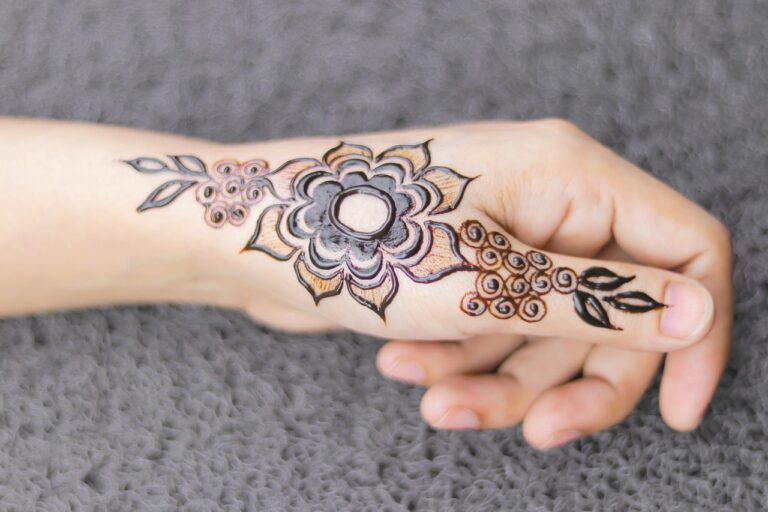The Future of Fashion Retail: Trends to Watch Out For
Virtual Reality (VR) technology has begun revolutionizing the way consumers shop, offering a uniquely immersive experience that bridges the gap between physical and online retail. With VR headsets becoming more accessible and affordable, shoppers can now browse products in a virtual store environment from the comfort of their own homes. This allows for a more interactive and engaging shopping experience, where customers can visualize items in 3D, try them on virtually, and even receive personalized recommendations based on their preferences and browsing history.
In addition to enhancing the overall shopping experience, VR technology also benefits retailers by providing valuable insights into consumer behavior and preferences. By tracking user interactions within the virtual store, businesses can gather data on what products customers are drawn to, how long they spend browsing different items, and even their body language and reactions while interacting with the virtual environment. This data can then be used to improve product offerings, optimize store layouts, and tailor marketing strategies to better meet the needs and desires of their target audience.
Sustainable and Eco-Friendly Fashion Practices
The shift towards sustainable and eco-friendly fashion practices is gaining momentum across the industry. With a growing awareness of environmental impact, consumers are increasingly seeking out brands that prioritize ethical production processes and materials. This move towards sustainability is not merely a trend, but a necessary step towards a more responsible and conscious approach to fashion.
From using organic and recycled materials to implementing ethical labor practices, fashion brands are reevaluating their supply chain to reduce their carbon footprint. By adopting eco-friendly practices, brands are not only meeting consumer demands but also contributing to a more sustainable future for the fashion industry. The emphasis on sustainability in fashion is driving innovation and creativity, challenging designers to think outside the box and find new ways to create beautiful, high-quality pieces with minimal environmental impact.
Personalized Shopping Experiences through Artificial Intelligence
Artificial intelligence has revolutionized the way we shop online by providing personalized experiences tailored to individual preferences and behaviors. Through sophisticated algorithms and machine learning, AI can analyze vast amounts of data to recommend products that match a customer’s unique taste and style. This level of personalization not only enhances the shopping journey but also increases customer satisfaction and loyalty.
Furthermore, AI-powered chatbots are being utilized by retailers to provide real-time assistance and recommendations to online shoppers. These virtual assistants can answer customer queries, suggest products, and even offer styling advice based on the user’s preferences. By incorporating AI into the shopping experience, retailers can create a more engaging and interactive platform that caters to the individual needs of each customer, ultimately leading to a more seamless and satisfying shopping experience.
How can artificial intelligence enhance personalized shopping experiences?
Artificial intelligence can analyze customer data to provide personalized product recommendations, create customized shopping experiences, and offer real-time assistance to shoppers.
What role does virtual reality play in the shopping experience?
Virtual reality allows customers to virtually try on clothing and accessories, visualize products in their own space, and experience a more immersive shopping experience from the comfort of their homes.
How are sustainable and eco-friendly fashion practices being implemented in the retail industry?
Retailers are increasingly adopting sustainable and eco-friendly practices by using recycled materials, reducing waste in production processes, and offering options for recycling or repurposing old clothing.
How can customers ensure they are getting a personalized shopping experience?
Customers can receive personalized shopping experiences by providing retailers with their preferences, browsing habits, and feedback, allowing artificial intelligence to tailor recommendations and offerings to their individual needs.







